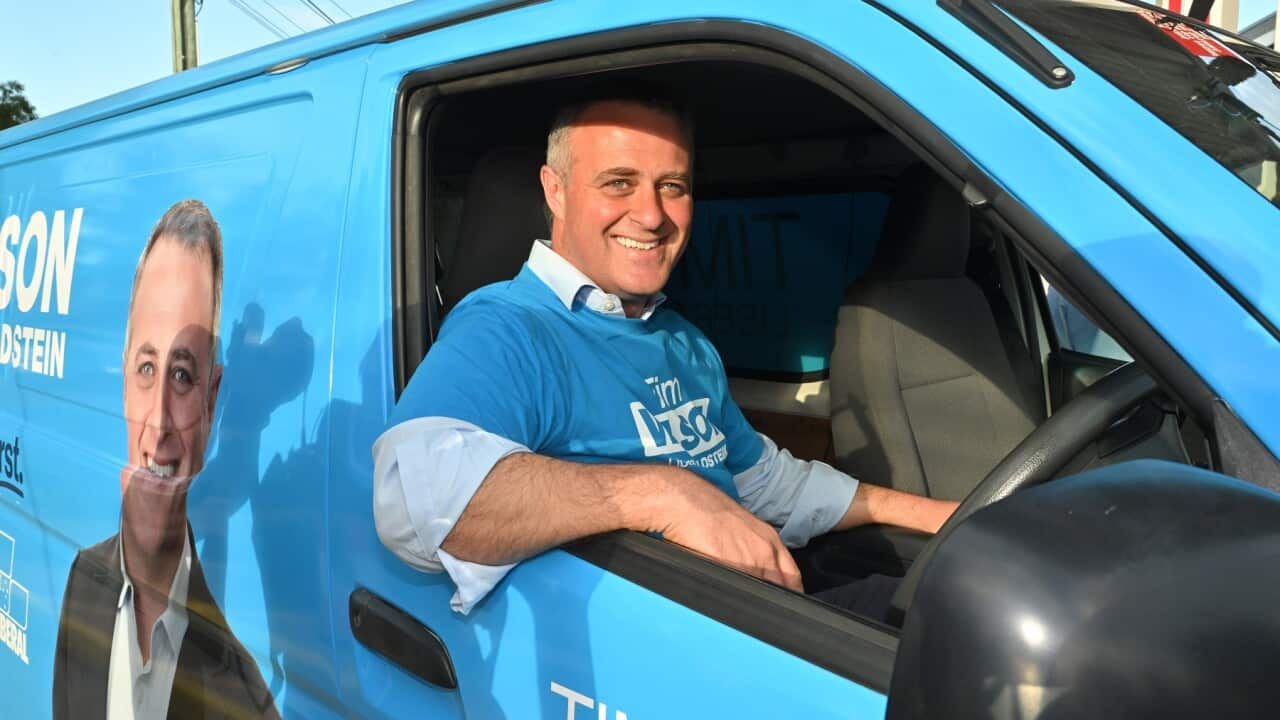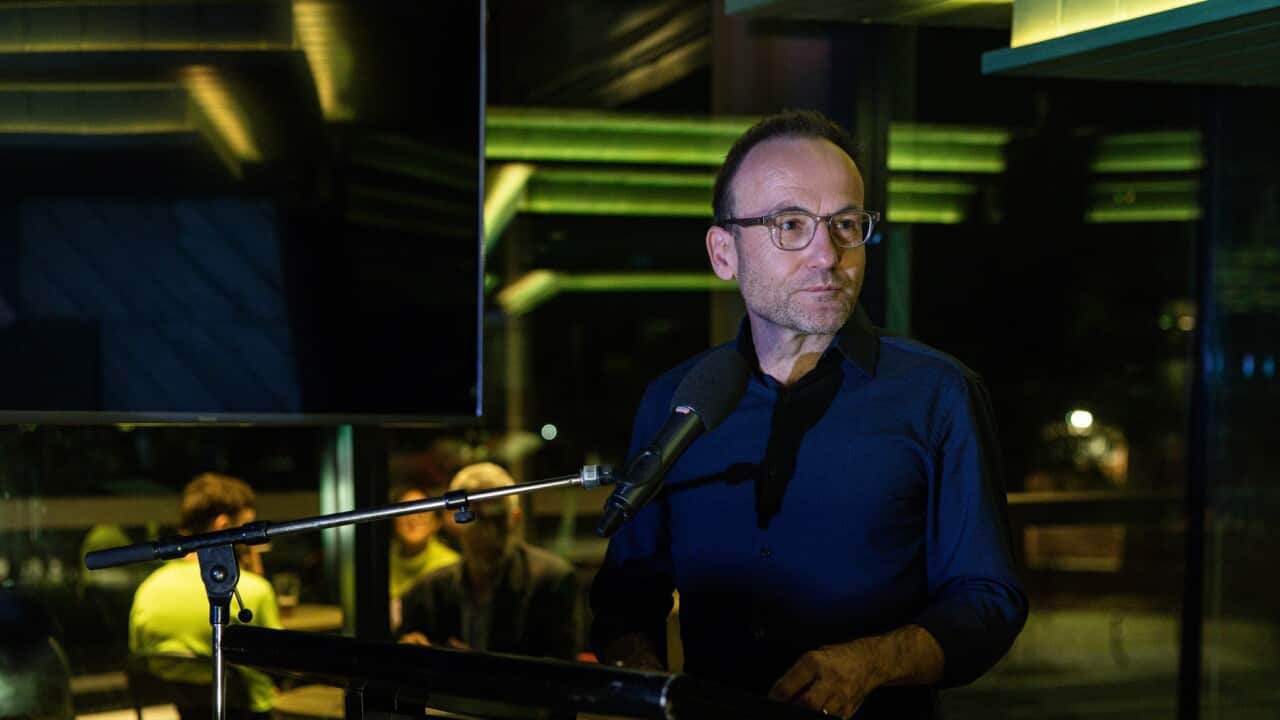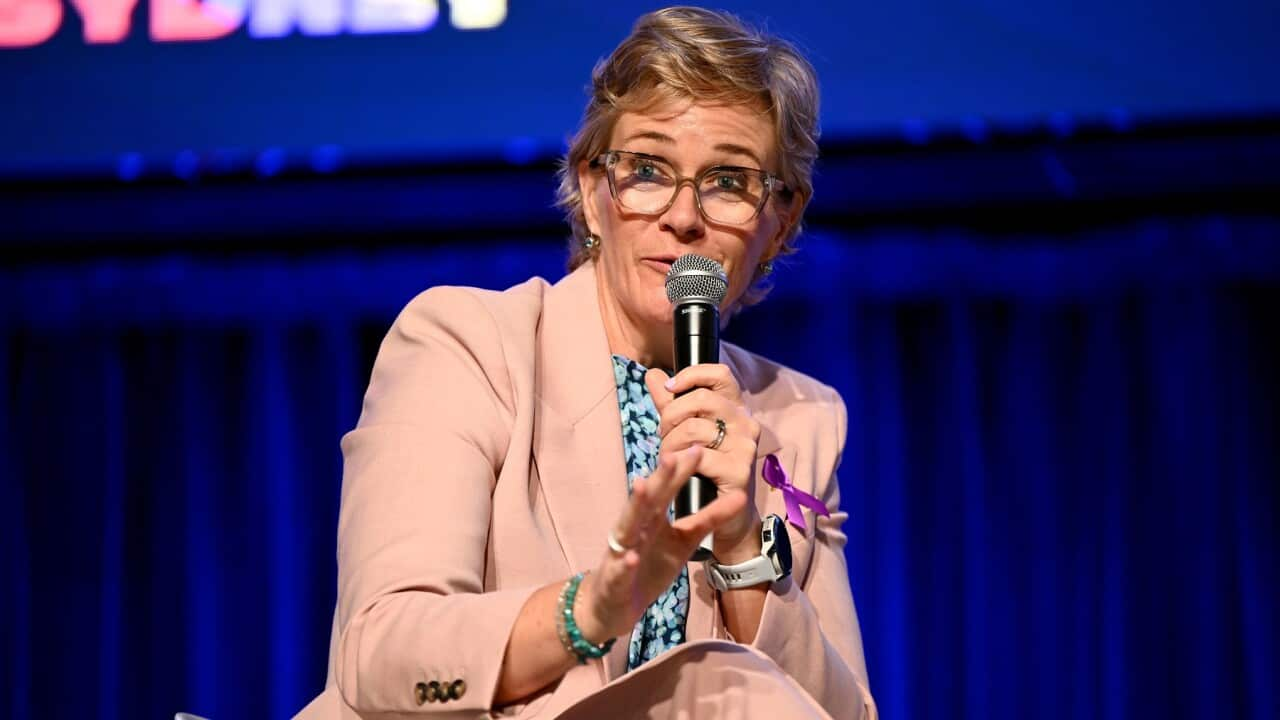TRANSCRIPT
"It's incredibly soul destroying to see how rapidly the nation's environments are eroding and to see successive governments make really, really stupid policy decisions, and essentially, not connect the science to the policy and the science to the management."
Professor David Lindenmayer is a world-leading expert in biodiversity conservation, but he often feels like he's failed in his career.
"You know, you dedicate 45 years of your life to making Australia a better place and improving the nation's environment, and we see these kinds of trends."
Biodiversity Council Director James Trezise says Australia is experiencing an extinction crisis.
"Australia leads the world in the loss of mammals. We're second overall when it comes to the loss of biodiversity. But what the researchers continually shown is that Australians care and love for nature, but they don't actually understand the scale of strife that it's in."
The Biodiversity Council surveyed 3,500 people leading into this year's federal election.
Mr Trezise says while cost of living is the top concern, voters care about other issues too.
"The environment came out fifth, but it wasn't a distant fifth. It came out just behind housing, healthcare, and the economy, which were at 54 per cent, housing and healthcare; 52 per cent for the economy; and 50 per cent for the environment. And so it is really in that kind of top tier of issues that Australians and voters are concerned about."
Energy policies have been a focus of both major parties in this campaign.
But neither the government nor opposition have been focusing on the environment - despite concerns from campaign and industry groups that Australia's nature laws are not fit for purpose.
Labor went to the last election promising to fix these problems with its Nature Positive laws.
Here's Environment Minister Tanya Plibersek outlining that plan last year.
"Everybody agrees that the current regulatory system does not work. We said that we will fix our laws so that they're less bureaucratic and provide more certainty for business, and so that they improve nature, protect our unique native plants and animals and prevent extinctions. That's what the community expects and that's what we are delivering."
But the laws were shelved - never reaching a vote in the Senate.
The Australian Conservation Foundation's National Biodiversity Policy Director , Brendan Sydes says he's disappointing the government didn't deliver.
"The government had started off fairly well back in December 2022, in releasing their Nature Positive plan and committing to a thorough overhaul of the legislation. That became complicated and people started to lose confidence in the exercise when there were delays, and then ultimately, when the government said, well, we're now only doing this, or part of it now, and what they were calling stage two, and we're going to come back to come back to it later on. So I think that's important context. Nonetheless, there are some important reforms that would have been a step forward in that package."
These included attempts to establish a compliance and enforcement body, to be known as Environment Protection Australia.
The Stage Two laws also sought to establish Environment Information Australia, an independent data and information body.
James Trezise argues there was a concerted effort to kill the bill.
"What we actually saw at the end of the day was the West Australian Premier at the behest, really, of the West Australian mining lobby call up the Prime Minister and say kill this reform."
Labor puts the blame with the crossbench and Greens for the laws not passing.
In a statement, Environment Minister Tanya Plibersek told SBS that it was disappointing The Greens worked with the Liberals in the Senate to block the establishment of an independent EPA.
The Greens deny this - saying the Prime Minister ended negotiations even after they compromised on key demands.
It's not the first time there's been efforts to amend the Environment Protection and Biodiversity Conservation Act, also known as the E-P-B-C.
Professor at the Australian National University Andrew Macintosh says the legislation requires governments to commission an independent statutory review every 10 years.
"So the first was the Hawke review, and then the second one was the Samuel review. The Hawke review was, it certainly pointed out limitations of legislation. It made a whole bunch of recommendations about additional triggers and improvements that needed to be made. A number of them were made. A whole bunch of them weren't made."
He says by the second review in 2020, there were deeper concerns about the laws.
"And that's not a huge surprise. By that stage, everybody had got on the same page, that this legislation wasn't working and it needed major changes. In 2009, that wasn't the case, there was still some environment groups hanging onto the idea that this could still work, but by the time that Samuel was appointed and his reviewers underway it was pretty much a friendless piece of legislation. "
One key recommendation from that review was the establishment of national environment standards.
Professor Macintosh says this would clarify when projects can and can't be approved.
The Australian Industry Group Director of Climate Change and Energy, Tennant Reed, says businesses would also welcome new standards.
"There'd be just one process, and just one set of hoops to jump through, rather than the status quo where we do have two tracks of decision making, federal and state, which doubles at least the amount of work that needs to be done to get a project, considered and decided on."
Tennant Reed says the current approval processes is uncertain, and can take years to progress, standing in the way of important projects, including those that can help drive down emissions, like for offshore wind projects.
"There's been back and forth between the project proponents, the state government and the federal government. And of course these are decisions that need to be made in a careful way, but we've got multiple governments trying to summon an energy industry around offshore wind into existence and tripping over each other in the process of navigating these environmental rules. We've got to be able to do better than that."
The recommendations in the Samuel review are supported by the Australian Industry Group and the Australian Business Council.
But some industry groups had concerns about the scope of a prospective environmental protection agency.
Prime Minister Anthony Albanese says the government would look at establishing the E-P-A under a different model
"What we'll be doing is attempting to legislate an EPA. We have 25 votes out of 76. I'm yet to see a list published, including by The Guardian, that shows a majority, fifty percent plus one of the senate voting for any of the legislation that's put forward. That's just a fact. What what we did was take the recommendations from the Samuel review - importantly, that was a review, initiated by the Coalition, not by us - because the EPBC Act is out of date. We know that that is the case."
Environment Minister Tanya Plibersek did not directly respond to questions from S-B-S about how Labor would reform environment laws beyond attempting to establish an E-P-A.
Instead, she points to increased protection for bushland and ocean, approvals for renewable energy, and investment in the Great Barrier Reef to defend Labor's environment record.
The Coalition says it is agrees the EPBC Act is broken, and remains committed to fundamental reform in line with the Samuel review.
But they say the Nature Positive laws threatened jobs, increased 'green tape', and extended the remit of the proposed E-P-A well beyond what had been recommended.
Professor David Lindenmayer says the E-P-B-C Act has proved "next to useless" and the time for inaction has well and truly run out.
"An incoming government actually needs to do something about it. If we want to stop by diversity loss, then you have to connect the best science to the best practice and you have to invest properly to solve the biodiversity crisis problem in this country. And really, I think the only way to do that from everything that I've seen, is for the country to create an environmental levy. Just like we have a Medicare levy to deal with the health of the people in this country, we actually need an environmental levy to deal with the health of the environments in this country."
He says he'd like to see such a levy set at one per cent of the federal budget.
"These are problems that are not fixed by a one or two or a three year grant process. It's taken us 230 years to absolutely bugger up this country. It's going to take many decades to put it back together again. And small amounts of funding, which amounts to about 3 cents in every a hundred dollars spent by the federal government, simply not enough to rectify the problem."













